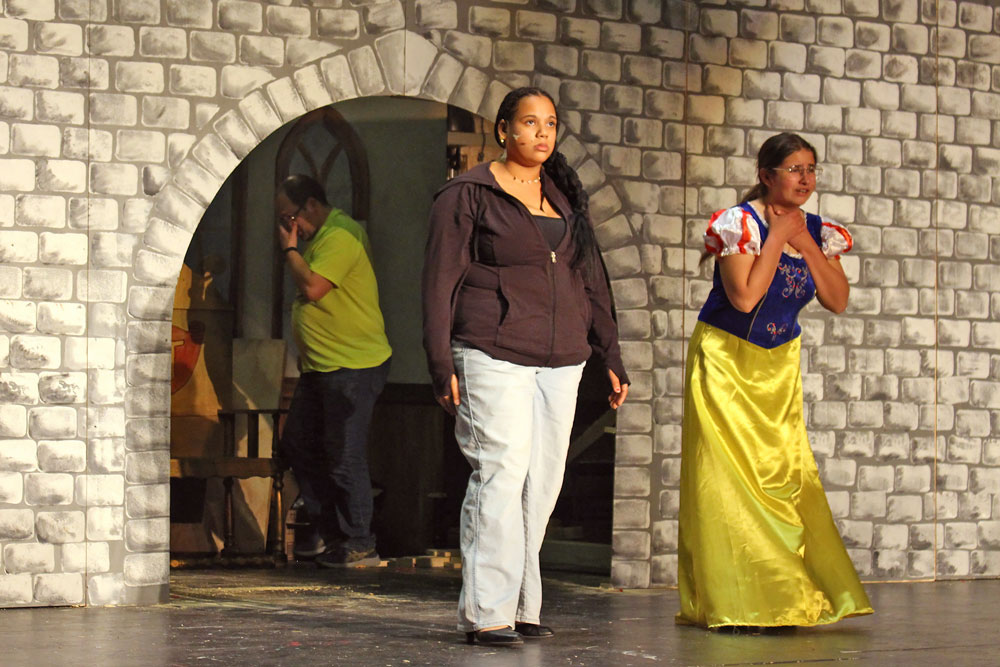Charles City revenues strained under new tax reform restrictions
By Travis Fischer, tkfischer@charlescitypress.com
As budget season continues, the city of Charles City is feeling the impact of the state’s most recent property tax reform plan.
Last May, the Iowa Legislature nearly unanimously passed House File 718, which implemented a series of reforms intended to provide relief to taxpayers.
While the bipartisan law is expected to cut property taxes across the state by about $100 million, much of that reduction in tax revenue will fall on city and county budgets.
By-and-large, a city’s primary source of property tax revenue, its general services levy, is capped at $8.10 per $1,000 of assessed valuation. However state law has, over the years, allowed for the addition of several specific use levies that can be used to generate extra revenue to support special groups or projects.
These levies, approved either by city councils or voted on directly by city residents, have allowed cities to collect dedicated funds for a variety of purposes from supporting local music groups, to leasing a civic center, to funding a public transportation company. Some were even narrow enough that they could be implemented specifically to build bridges across the Mississippi or Missouri rivers.
House File 718 eliminated these levies, rolling them back into city and county general funds where they must now be budgeted alongside all other services.
“Most of them we didn’t use, but a couple of them we did,” said Charles City Administrator Steve Diers.
Two of the now eliminated levies used in Charles City were an emergency fund levy, approved by the City Council, and a library levy, which was approved by Charles City voters.
At $0.27, the levies generated roughly $70,000 each per year for their respective purposes.
Under the new law, the revenue from these levies has been reduced and will be directed into the city’s general fund as they are phased out over the next several years.
“We’re getting about half of what we would had,” said Diers. “Next year they’ll keep ratcheting down.”
In effect, this means about $30,000 less for the city and another $30,000 less for the library specifically.
The Charles City Public Library is one of 97 libraries in the state that utilized the voter approved levy, which was responsible for about 15% of its operating budget.
To absorb that loss of revenue, Library Director Annette Dean says she has had to reduce hours and make dramatic cuts to the library’s book budget for the upcoming fiscal year.
“It’s a tough situation all around,” said Dean. “There’s just no easy way to go about it.”
While cities are expected by the state to make up the loss of these dedicated levies through general fund spending, the law also implements new restrictions on the growth of city revenues.
In spite of total property values in Charles City steadily increasing, the city has seen negative growth in its taxable valuation for the last two years due to rollbacks and tax credits limiting how much property value can be collected on.
“The values keep going up but the taxable part of it keeps going down,” said Diers.
This year, Charles City saw an 18.8% increase in property values, amounting to $535 million worth of property. However, the city can only collect on $266 million of that value, increasing the city’s taxable valuation by 7.1%.
Beyond that, the new law creates an additional limit on taxable valuation growth that cities will need to account for. Cities that see valuation growth of between 3% and 6% are required to reduce their rates by two percentage points. Cities that grow greater than 6%, like Charles City, must reduce their rates by three percentage points.
When all is said and done, Charles City’s effective increase in taxable valuation this year amounts to 3.96%, Diers said.
While any increase in revenue is a welcome change for the city budget after two years of reductions, Diers said the new property tax reform law has introduced more challenges to the budget as the city tries to maintain services and fund capital improvements.
Diversifying city revenue away from reliance on property tax, such as instilling a utility franchise fee, has become a priority in Charles City and similarly affected cities across Iowa as they try to figure out how to operate in the face of rising costs.









Social Share